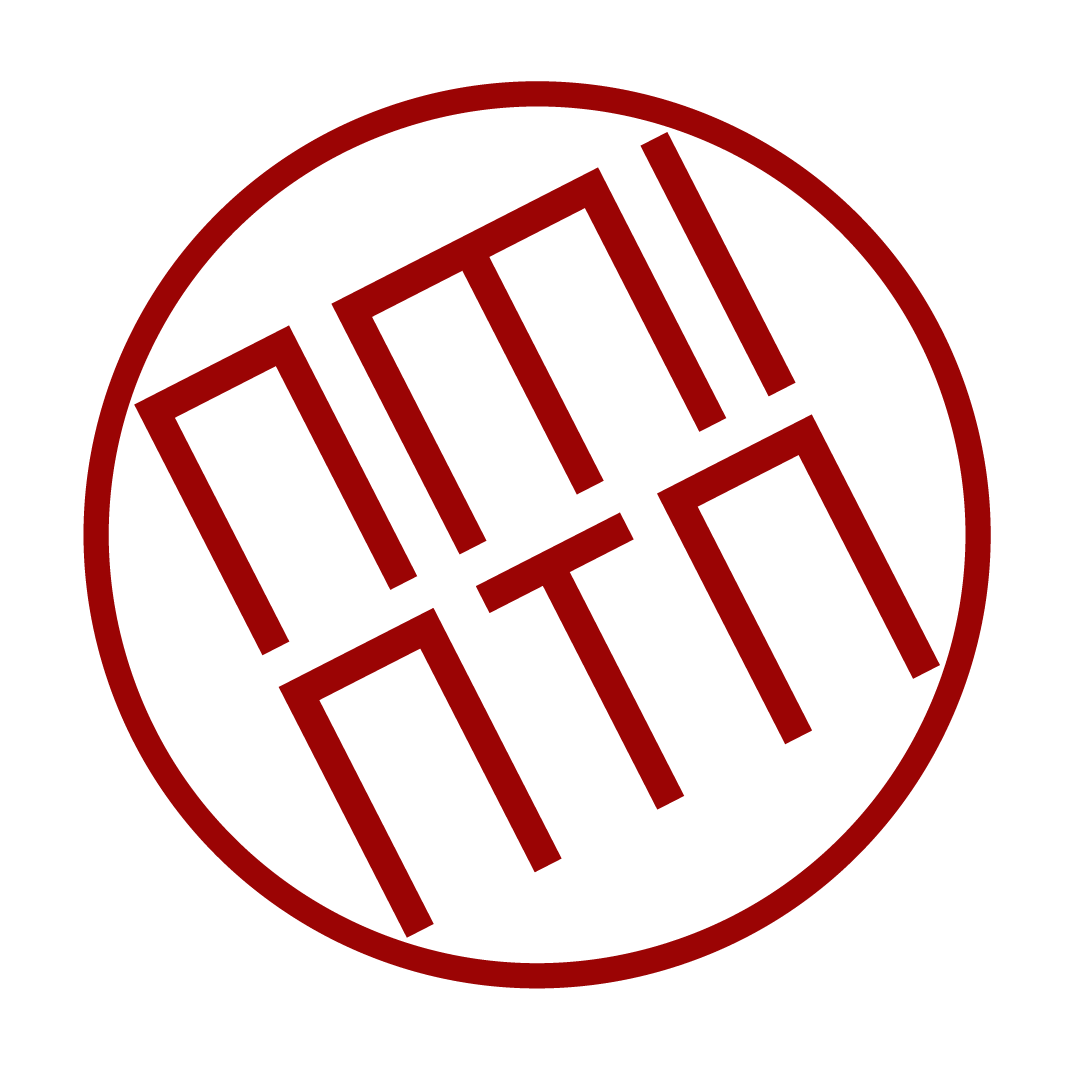ASTOR PIAZZOLLA
b. 30 January 1921, Mar de Plata, Argentina, d. 5 July 1992.
An immensely innovative player of the Argentinian bandonean (a close relation of the accordion), Piazzolla has successfully taken the instrument - and tango music in general - on to the international concert stage, without diluting its roots in the working-class dancehalls and dockland nightclubs of Buenos Aires.
He moved to New York as a child, and at the age of 13 he was hired by Carlos Gardél (the undisputed king of classical tango) to play in the film, El Did Que Me Quieras. He then returned to Argentina to play in the band led by Anibal Tróila. When Tróila died, Piazzolla began his solo career, achieving massive success throughout the 50s and 60s.
By this time he had won a government scholarship to study under Nadia Boulanger in Paris. Boulanger encouraged him to discover the possibilities of his own, native music, and he duly turned his attention to the tango. Updating it for new generations, his vivacious style ('nuevo tango') soon attracted a massive South American audience (and opposition from tango traditionalists).
In the 70s he was forced to leave Argentina for Paris, because of the volatile political climate, but his influence continued to spread. His international breakthrough came in the early 80s with his Quinteto Tango Nuevo (formed in 1976) featuring Fernando Suarez Paz (violin), Pablo Ziegler (piano), Horacio Malvicino (guitar) and Hector Console (bass) - and two albums recorded with the American producer Kip Hanrahan: Tango Zero Hour and The Rough Dancer And The Cyclical Night. Both are essential parts of any representative world music collection, as is the harder to find but outstanding live album Concert A Vienne.
www.piazzolla.org


